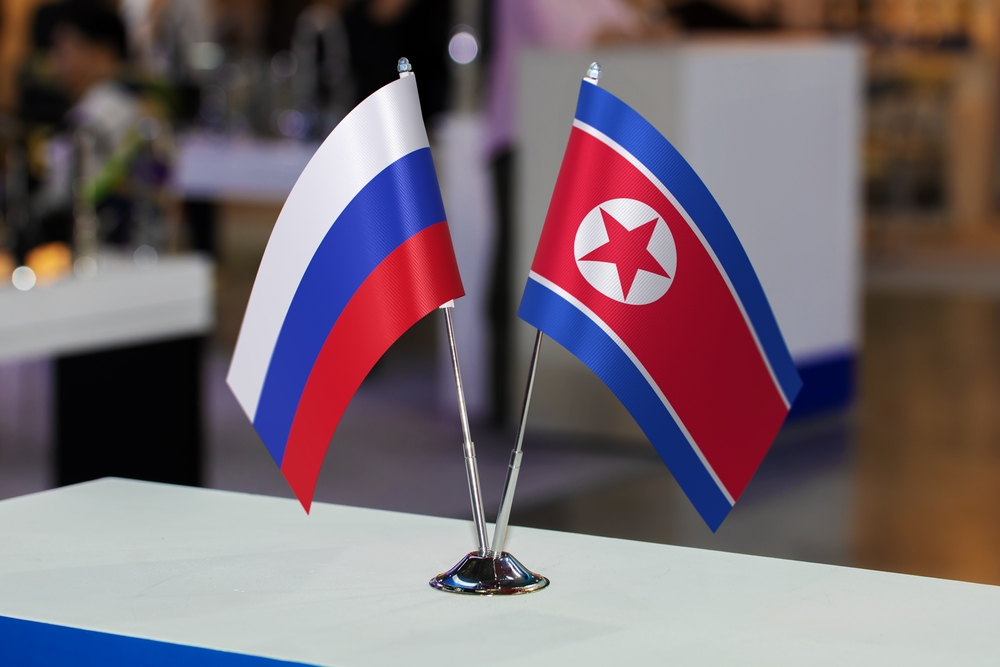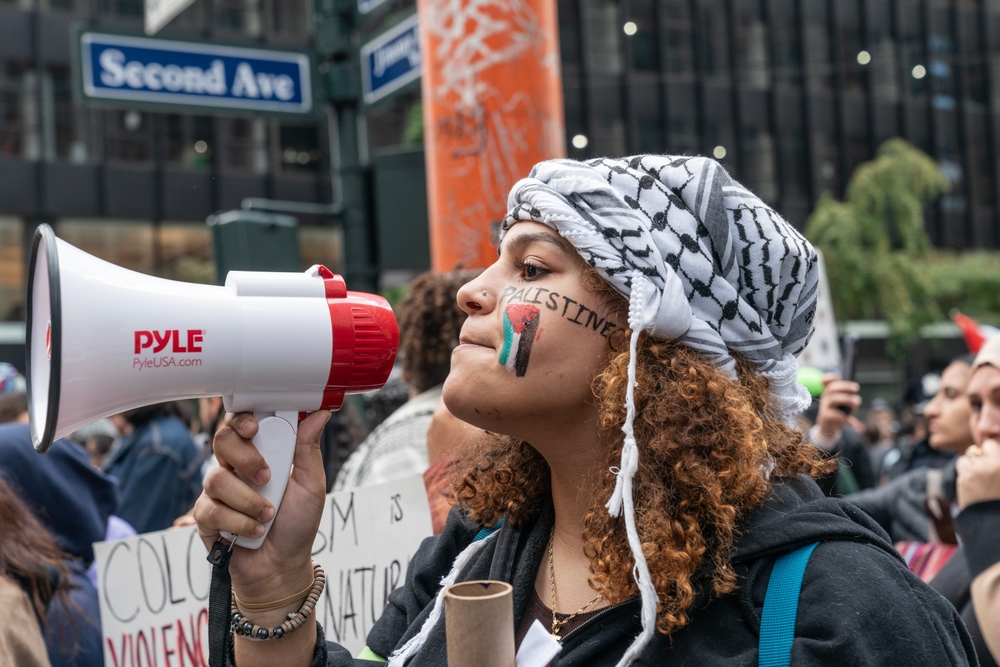
Concern Over Russia and North Korea Pact Heightens
North Korea POWER SHIFT?
China declined to comment Thursday on a new defense pact between Russia and North Korea that experts said has the potential to significantly change regional power dynamics.
The Chinese leaders, however, worry that this could lead to their losing control over the North and provoke chaos in the peninsula. Washington says the agreement may violate U.N. Security Council resolutions and undermine international security.
The balance of power between China and North Korea and the wider presence of a more capable Russia in Northeast Asia are also slowly changing, prompting new cooperation with significantly larger implications than any regional disarmament agreement.
China’s top leaders are said to be worried, too—worried about possibly losing their leverage over North Korea, with Washington and Moscow joining forces in a Korean conflict that bodes ill for long-term peace on the Peninsula. In return, however, Beijing might find itself unable to turn down the Trump overture as it would involve tough Chinese cross purposes—peace on the Korean Peninsula vs. challenge to U.S. leadership on planet Earth!

Beijing has yet to comment on the deal, which includes wording that commits either party to mobilize their support in the event of an attack; it’s still sticking with its boilerplate line about wanting regional stability and a peaceful North-South Korean solution.
The fact that the Chinese response has been “very weak,” according to Victor Cha, senior vice president for Asia and Korea chair at the Center for Strategic and International Studies, might simply mean that “Beijing doesn’t know what it can and cannot do at this time.”
While some in Beijing may welcome the Russia-North Korea partnership as a counterbalance to American influence in world affairs, “there is also a great deal of discomfort,” according to Cha — “China does not want to cede influence over its neighbor to Russia or have a nuclear power directly on its border,” he said, “Cornered enemies next door are no good.” when mentioning the European conflict bleeding into Asia.
Coincidentally, those questions are not exactly what China is publicly asking. Cha pointed to the leaders of Russia and North Korea, observing, “Nobody wants to drive Kim Jong Un more into the hands of Vladimir Putin.”







